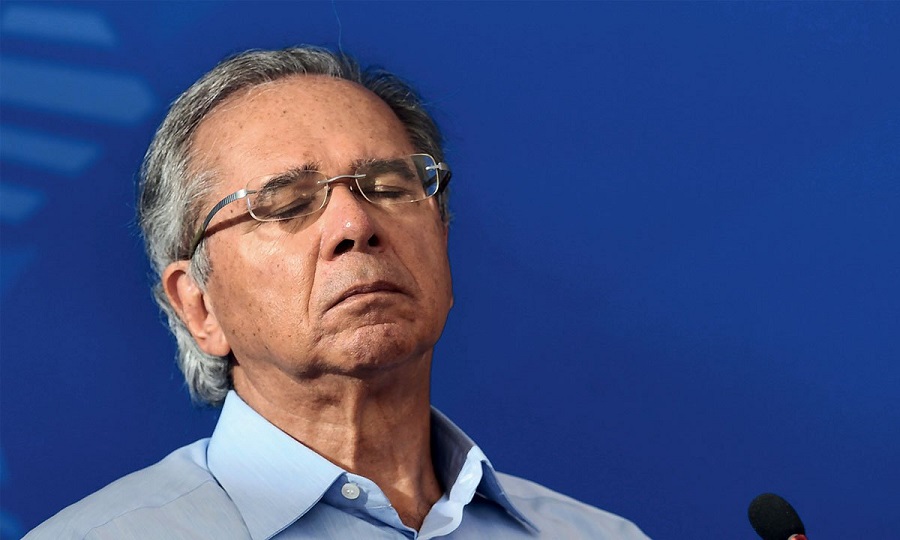RIO DE JANEIRO, BRAZIL – Despite the prospect of an agreement between the government and Congress for the sanction of this year’s Budget, the Brazilian fiscal problem is far from a solution. This is the assessment of economist Nathan Blanche, partner at Tendências Consultoria Integrada, to whom Brazil’s fiscal situation is the most worrying since the Collor government (1990-1992).
Blanche says that Minister of Economy Paulo Guedes, has become a “hostage” of politics and is losing the war to the “cap busters” – a reference to politicians and other members of the government who advocate a relaxation of the spending cap. Below are the main parts of the interview.

What is your view on the discussions of the 2021 Budget?
There is a lobby, on the part of these ‘hole-in-the-barrel’ people, that is winning. It’s a disaster. These “cap busters” in Brazil are being fed by political interests. We had never reached, except for the Collor administration, a fiscal situation as worrying as this. We are heading for a situation that has no solution. There is no power, no political alternative, that opposes fiscal anarchy.
What worries you?
The pressure exerted on the economy, which is great. The Brazilian Gross Domestic Product (GDP) is decreasing and, with the pandemic, debt financing is worsening. The result of this, which is repeated historically, is that the problem is not solved with fiscal rationality, but with the expansion of the deficit, which generates inflation. And the lower classes are the main financers of inflation.
Data from the Getúlio Vargas Foundation show that in August last year there were 9 million Brazilians below the poverty line. Now, there are 27 million. In the coalition established by president Jair Bolsonaro with Chamber president Arthur Lira (Progressivos-AL), no real solution has yet emerged to tackle the increase in the fiscal deficit (the hole in public accounts).
With inflationary pressure, the Central Bank raised the SELIC (the basic interest rate) in March and has already signaled a new increase in May. Without fiscal adjustment, will the Central Bank be able to keep inflation under control?
If the government doesn’t control the deficit, it won’t. And the rope will snap on the side of the lower classes. Brazil runs the risk of having much higher inflation. With fiscal expansion, based on deficits, the result is a fall in the GDP and inflation. There is no other way. Either there is fiscal control, and generate the expectation that there is a real project, or it is chaos.
What is your assessment of the Minister of the Economy, Paulo Guedes?
He is a great economist, but he has become a hostage. The ‘cap busters’ are winning the war.
Is Guedes being a competent minister?
No. Far from a Pedro Malan (former president of the Central Bank and Minister of Finance during Fernando Henrique Cardoso’s government). So much so that the government continues to increase the fiscal imbalance. They have not approved anything in the direction of balance. The members of the current economic team are competent, but have no say in the budget. They are hostages to political agreements. And don’t forget that we are close to an election year.
The dollar is high, although Brazil is exporting more commodities since the start of the pandemic. What is happening?
The equilibrium exchange rate today should be close to R$4.50. It is all owed to fiscal insecurity.
Source: Infomoney

